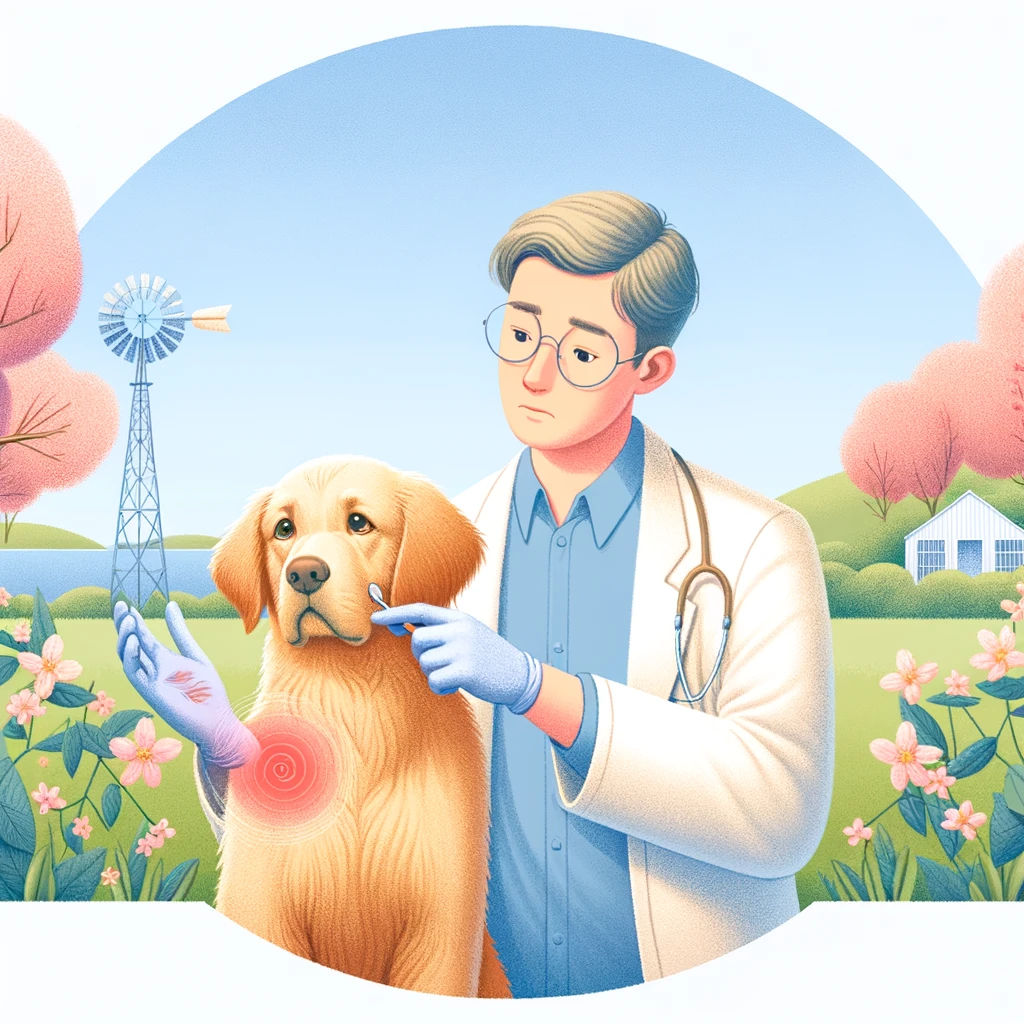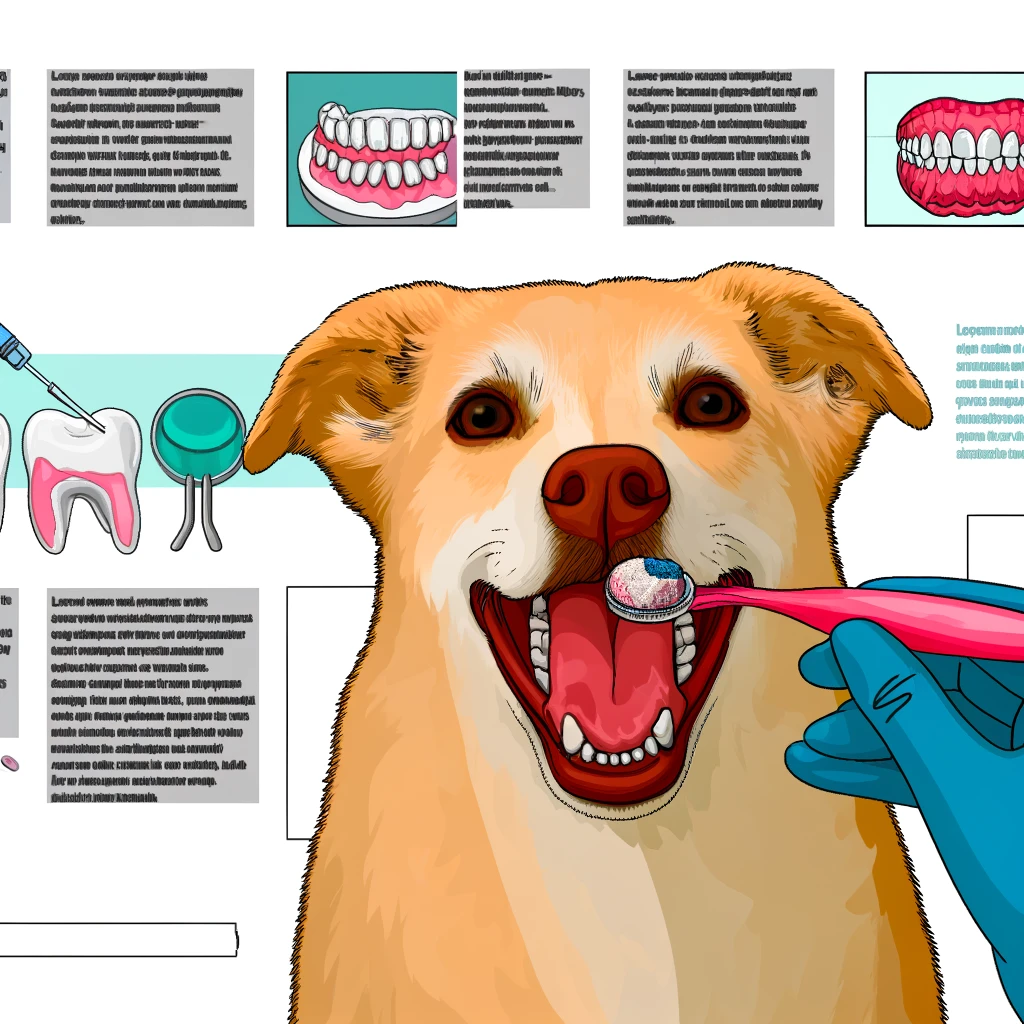Dog Health and Wellness
allergy symptoms in dogs, AnimalWellness, canine skin care, dog allergies, dog ear infections, dog health, dogs, itching, managing dog allergies, pet allergy care, pet care, PetBehavior, PetNutrition, PetTraining, seasonal allergies, seasonal allergies in dogs, spring allergies
Manuel Cavallaro
0 Comments
Signs Your Dog is Suffering from Seasonal Allergies
Signs Your Dog is Suffering from Seasonal Allergies
Just like humans, dogs can also suffer from seasonal allergies. It can be distressing to see your furry friend uncomfortable and irritated. While dogs may not show the same symptoms as humans, there are certain signs that can indicate that your dog is suffering from seasonal allergies. In this blog post, we will discuss some common signs to look out for.
1. Excessive Scratching and Chewing
One of the most common signs of seasonal allergies in dogs is excessive scratching and chewing. If you notice that your dog is constantly scratching or chewing their paws, ears, or other parts of their body, it could be a sign that they are experiencing allergies. Allergens such as pollen, mold, or dust mites can cause itchiness and discomfort, leading to excessive scratching.
To help alleviate your dog’s itching, you can try using a hypoallergenic shampoo or wipe their paws with a damp cloth after walks to remove any allergens they may have picked up. Additionally, keeping your home clean and dust-free can also help reduce the allergens in your dog’s environment.
2. Red and Irritated Skin
If your dog’s skin appears red, inflamed, or irritated, it could be a sign of seasonal allergies. Allergens can cause an allergic reaction on your dog’s skin, leading to redness, rashes, or even hot spots. These hot spots can be painful for your dog and may require veterinary attention.
To help soothe your dog’s irritated skin, you can try using a gentle, hypoallergenic moisturizing spray or lotion specifically designed for dogs. Avoid using any products that contain harsh chemicals or fragrances, as they can further irritate your dog’s skin.
3. Watery Eyes and Sneezing
Another common sign of seasonal allergies in dogs is watery eyes and sneezing. If you notice that your dog’s eyes are constantly watering or if they are sneezing frequently, it could be due to allergens in the air. Pollen, grass, or even certain types of plants can trigger these symptoms in dogs.
To help alleviate your dog’s watery eyes and sneezing, you can try wiping their eyes with a damp cloth to remove any allergens. Additionally, keeping your dog indoors during peak pollen times, such as early morning or late afternoon, can also help reduce their exposure to allergens.
4. Changes in Behavior or Appetite
Seasonal allergies can also affect your dog’s behavior and appetite. If you notice that your dog is more lethargic than usual, or if they have lost their appetite, it could be a sign that they are not feeling well due to allergies. Allergies can make your dog feel tired and uncomfortable, leading to changes in their behavior.
If you suspect that your dog’s allergies are affecting their appetite, you can try feeding them a hypoallergenic diet or consult with your veterinarian for further guidance. It’s important to ensure that your dog is still getting the necessary nutrients and hydration, even if they have a reduced appetite.
5. Recurrent Ear Infections
Seasonal allergies can also make your dog more prone to ear infections. If you notice that your dog is constantly shaking their head or scratching their ears, it could be a sign of an ear infection. Allergens can cause inflammation and irritation in the ears, leading to discomfort and infection.
If your dog is experiencing recurrent ear infections, it’s important to consult with your veterinarian. They may recommend regular ear cleanings or prescribe medication to help treat and prevent further infections.
You can help
Seasonal allergies can be a source of discomfort for your dog, but by being aware of the signs, you can help alleviate their symptoms and keep them comfortable. If you suspect that your dog is suffering from seasonal allergies, it’s always best to consult with your veterinarian for proper diagnosis and treatment options. With the right care and attention, you can help your furry friend enjoy the changing seasons without the discomfort of allergies.












